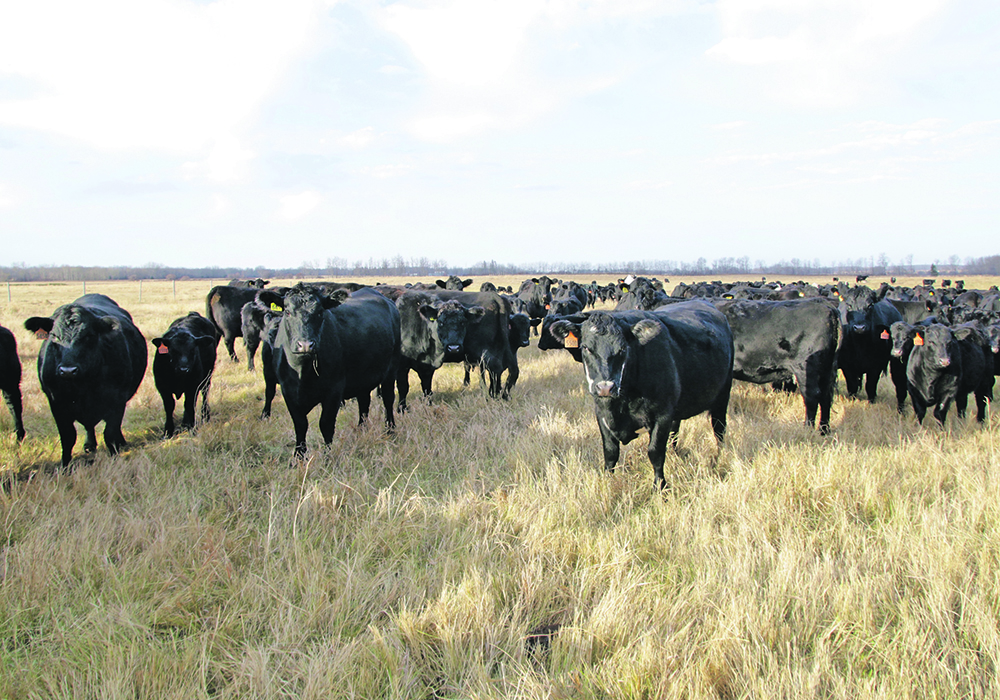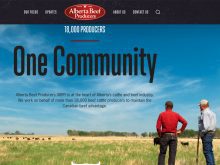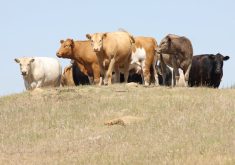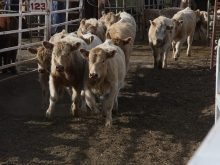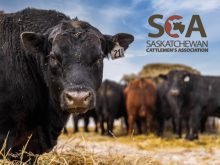Members attending Saskatchewan Cattlemen’s Association meeting say talk of changing group’s name is a distraction
SWIFT CURRENT, Sask. — The idea of changing the Saskatchewan Cattlemen’s Association name did not sit well with producers attending their fall district meeting here late last month.
They overwhelmingly spoke in favour of maintaining the name as is and passed a resolution saying so.
Chief executive officer Grant McLellan said the organization isn’t contemplating a change but wanted to check in with producers because it has been an issue in the past.
Read Also
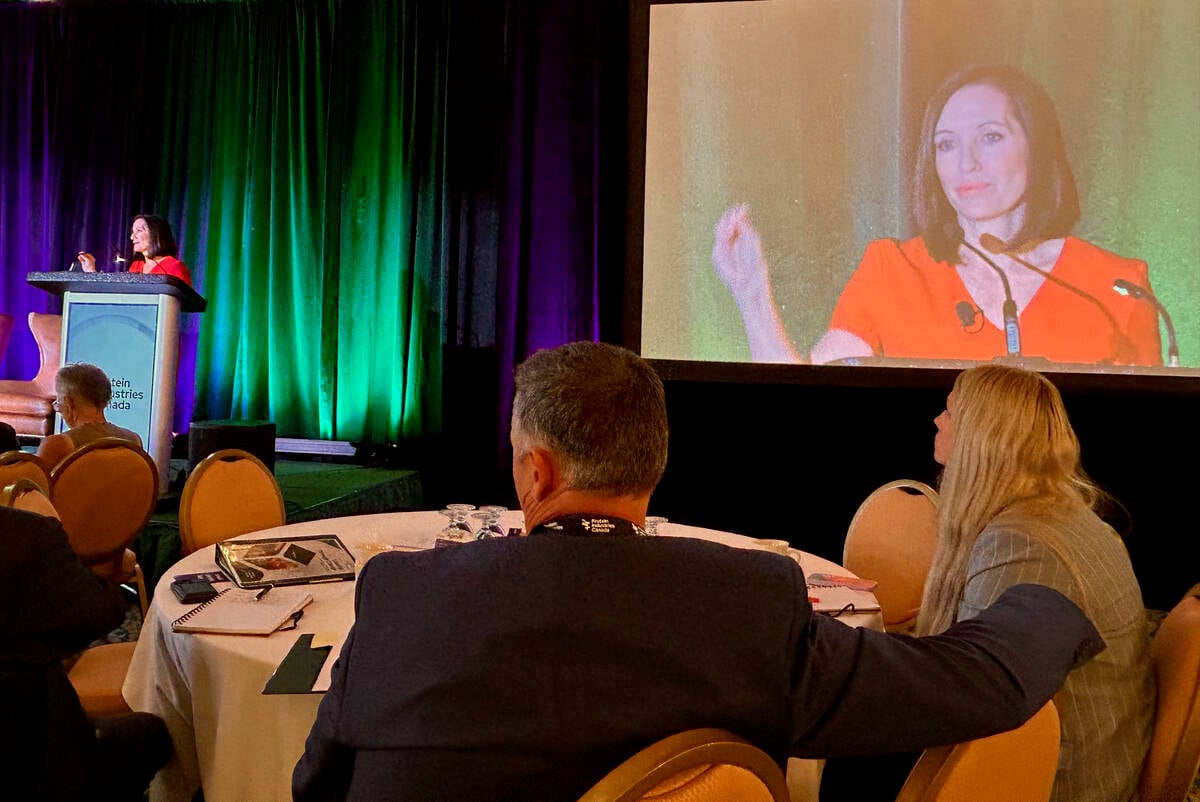
Canada told trade crisis solutions in its hands
Canadians and Canadian exporters need to accept that the old rules of trade are over, and open access to the U.S. market may also be over, says the chief financial correspondent for CTV News.
In 2021, an annual general meeting resolution to change the name to something more gender neutral was defeated. Some vehemently opposed a change, while others said there should at least be a conversation.
In July 2022, the national body changed its name from Canadian Cattlemen’s Association to Canadian Cattle Association.
SCA chair Keith Day said the name has come up in Ottawa but rarely. He said he believed it was getting in the way of business at the CCA.
“It really isn’t as big a deal now as it was then, maybe,” he said, referring to the 2021 debate.
Producer Brent Cammer told Day when he first heard the idea, he thought Day was “trying to be a member of the woke generation and we’ve got to treat everybody equal and the minority has more rights.”
He said he has always treated his wife as an equal and asked if the women in the room were bothered by the name. One replied that she was not.
“I think women have got to quit apologizing for being women,” she said.
Another producer, Erika Stewart, said she takes no offence at the name, which by dictionary definition means a person who tends cattle, but added she doesn’t want it interfering with business.
National Cattle Feeders Association chair Will Lowe said he found the name came up with former federal agriculture minister Marie-Claude Bibeau, but it happens less so now.
“It can be a distraction,” he said.
“When you’re going there to talk and you sit down with them and you’re discussing a name change … it is a distraction.”
Another producer asked why diversity, equity and inclusion policies matter.
“Why promote anyone? Just let everyone do their job. It doesn’t matter who you are,” he said.
Former SCA chair Rick Toney said the last time a name change came to a vote, 96 per cent agreed to keep it as is.
“If we just would have let the women vote, it still would have won,” he said.
“Then when we did it online, it was 78 per cent, so why are we even talking about it.”
Others said the SCA has bigger things to worry about.
“Someday I think it will probably have to change to cattle association, but for now I think our money is better spent elsewhere,” said Kendall Day.
Keith Day replied that it won’t happen without direction from producers.
Sherri Grant said it doesn’t matter if the name changes or not.
“There’s always going to be something that people try to distract us with when we are trying to advocate for our industry,” she said.
“If they distract us with such a simple thing as terminology of a name, that is legally described in a dictionary as people raising cattle in industry, we’d better take a look at ourselves in terms of what are we advocating and how are we presenting ourselves.”




